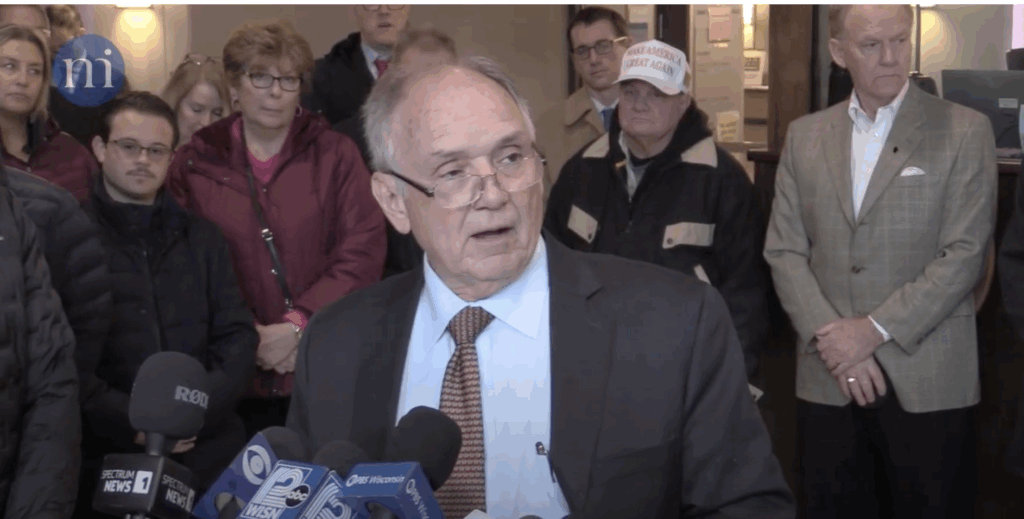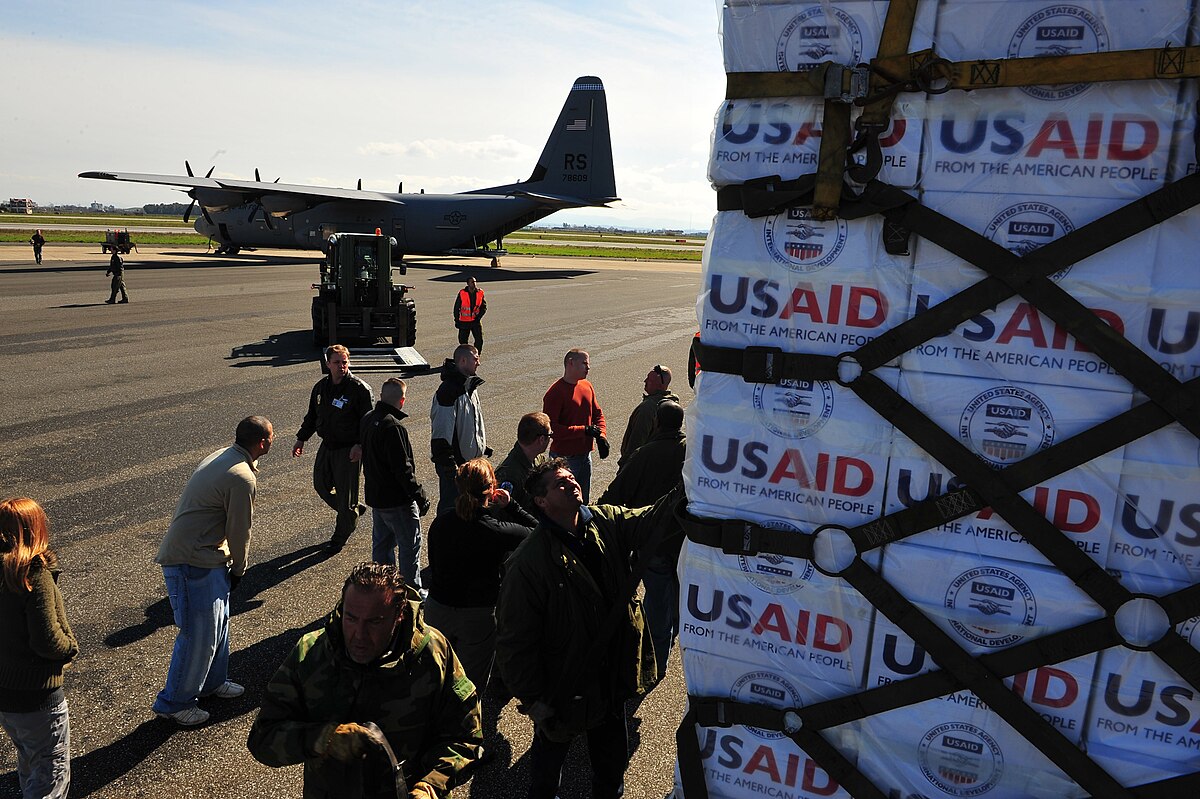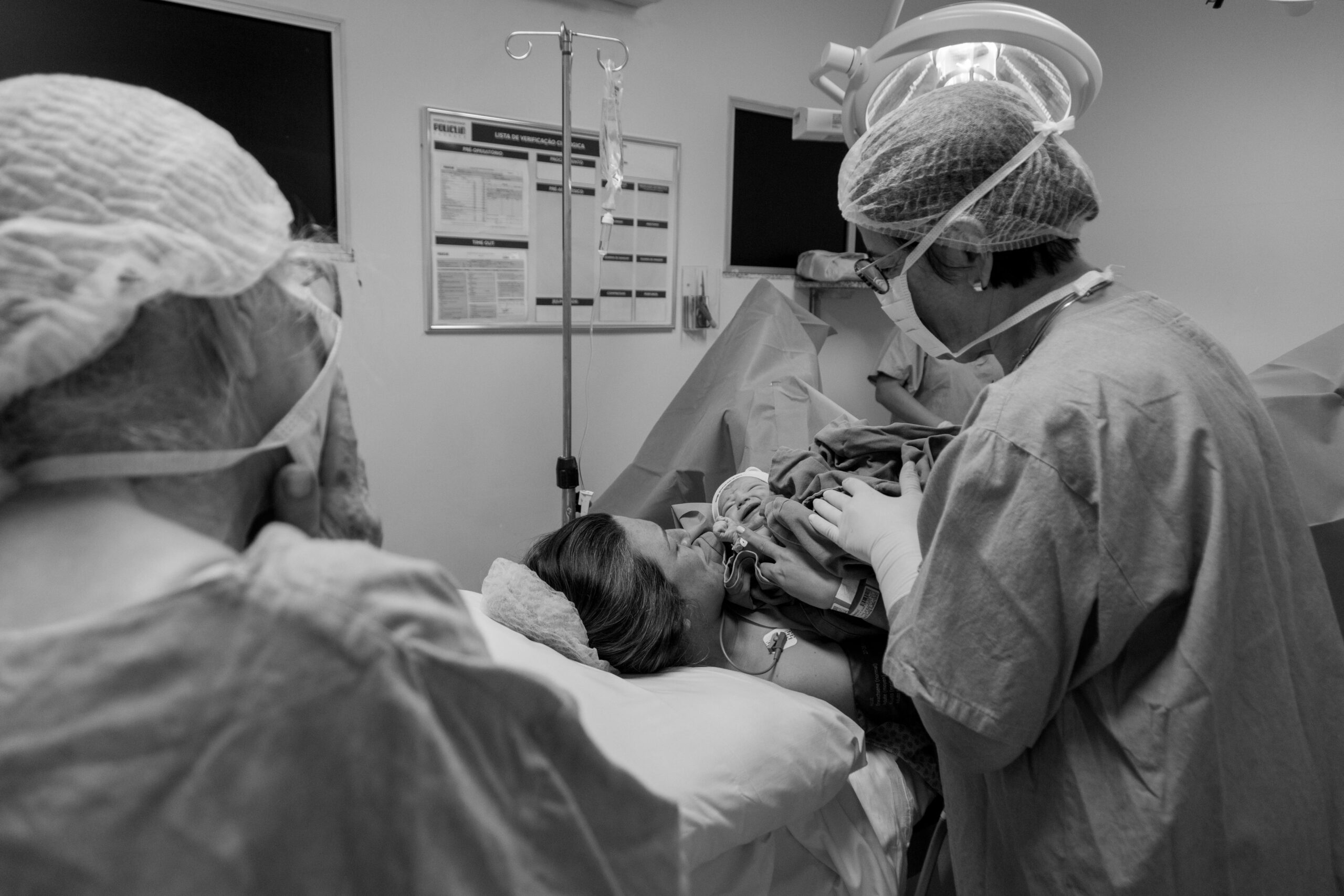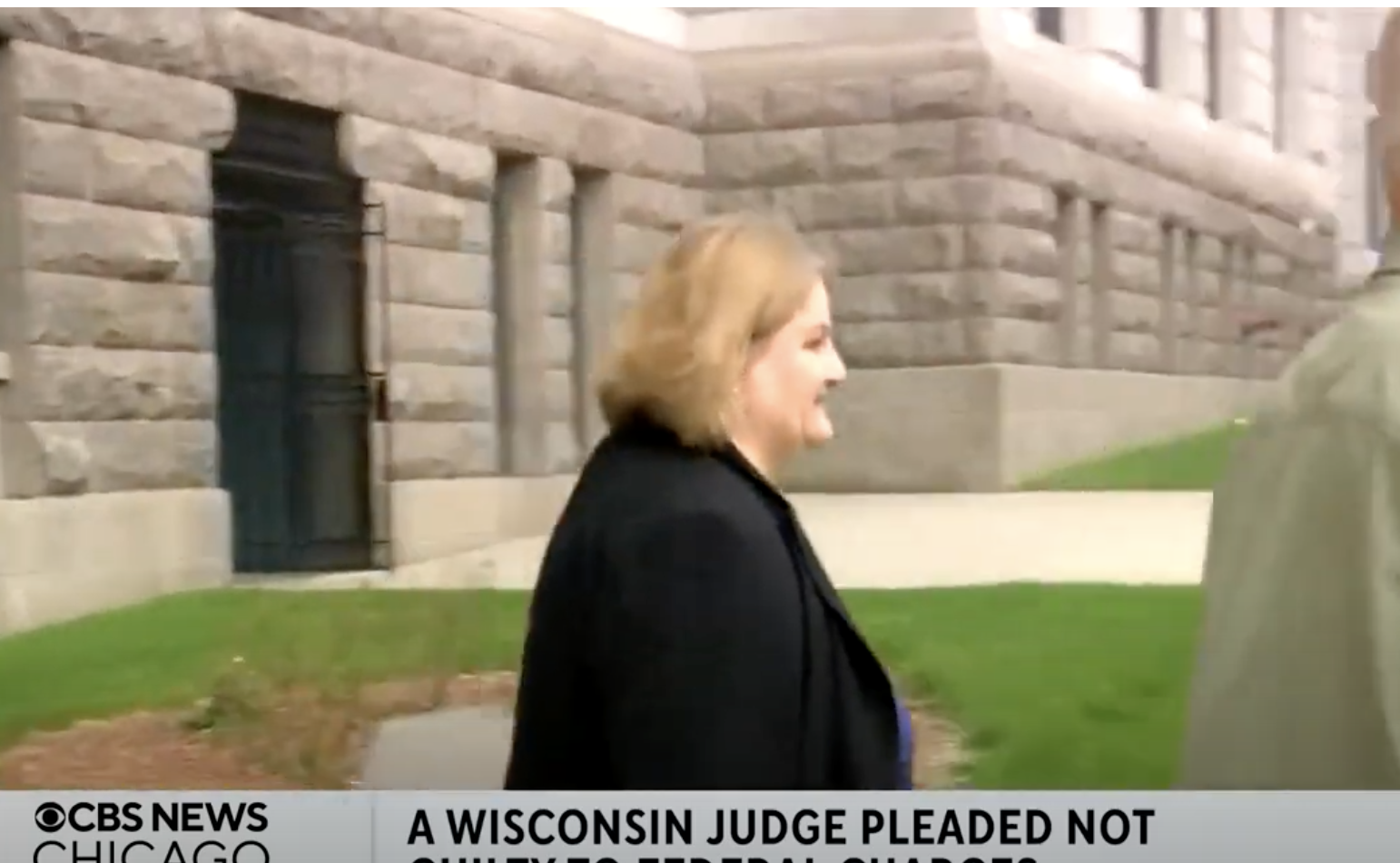Wisconsin Attorney General Josh Kaul is under scrutiny for his prosecution of attorneys associated with former President Donald Trump’s campaign, amid claims that the case is politically motivated. Kaul has charged former Dane County judge Jim Troupis, attorney Kenneth Chesebro, and campaign aide Michael Roman with forgery related to their roles as alternate electors following the 2020 presidential election.
The prosecution centers on allegations that the defendants engaged in forgery to mislead the 10 Republican electors who participated in casting ballots for Trump after Joe Biden was declared the winner in Wisconsin. Critics argue that the case lacks merit, with Troupis asserting that the prosecution is driven by political ambitions rather than legal grounds.
“When I spoke the unspeakable, which is that Trump won Wisconsin if you count the legal votes, the left can never let that level of truth come out,” Troupis said during an interview on NewsTalk 1130 WISN in Milwaukee.
Kaul’s office has been pursuing the case for over a year, with charges first announced in June 2024. The prosecution has faced criticism for its reliance on a legal theory that many view as flawed. Kaul previously indicated that the alternate electors’ plan had been legally endorsed by his office, raising questions about the legitimacy of the current charges.
In December 2020, the Republican electors met at the Wisconsin State Capitol to cast their votes for Trump, a move that has since been labeled by critics as part of a “fake electors” scheme. Kaul’s office has argued that the defendants misrepresented their actions, but Troupis maintains that all participants were aware of their roles in preserving Trump’s electoral rights during ongoing legal challenges.
The case has drawn parallels to similar prosecutions in other states, including Michigan, Nevada, Georgia, and Arizona, where charges against Trump allies have also been met with skepticism. In Nevada, a lower court dismissed a forgery case against Republicans, citing jurisdictional issues.
Troupis and Chesebro have argued that their actions were part of a long-standing electoral vote-protection strategy, historically used in closely contested elections. They contend that the prosecution’s narrative misrepresents their intent and actions.
“There was nothing unlawful about the alternate electors,” Troupis stated, emphasizing that the defendants did not deceive anyone regarding their intentions.
As the case progresses, Troupis has expressed concerns about the fairness of the judicial process in Dane County, which he describes as a liberal stronghold. He noted that the jury pool is likely to be biased against him and his co-defendants, raising doubts about their ability to receive a fair trial.
Kaul’s office has not responded to requests for comment regarding the ongoing case. If convicted, the defendants could face significant penalties, including up to six years in prison and fines of $10,000 for each of the 11 felony charges.
The situation continues to evolve as both sides prepare for upcoming court proceedings, with Troupis vowing to fight the charges. “I will never back down,” he declared, highlighting the personal toll the prosecution has taken on him and his family.
As the political landscape shifts ahead of the 2026 gubernatorial race in Wisconsin, Kaul’s actions may also have implications for his own political aspirations, as he is rumored to be considering a run for governor.
The case has sparked debate over the intersection of law and politics, with supporters of Kaul arguing that accountability is necessary while critics warn of potential overreach in prosecuting political opponents.
READ Trump Administration Seeks Supreme Court Relief in USAID Funding Dispute



